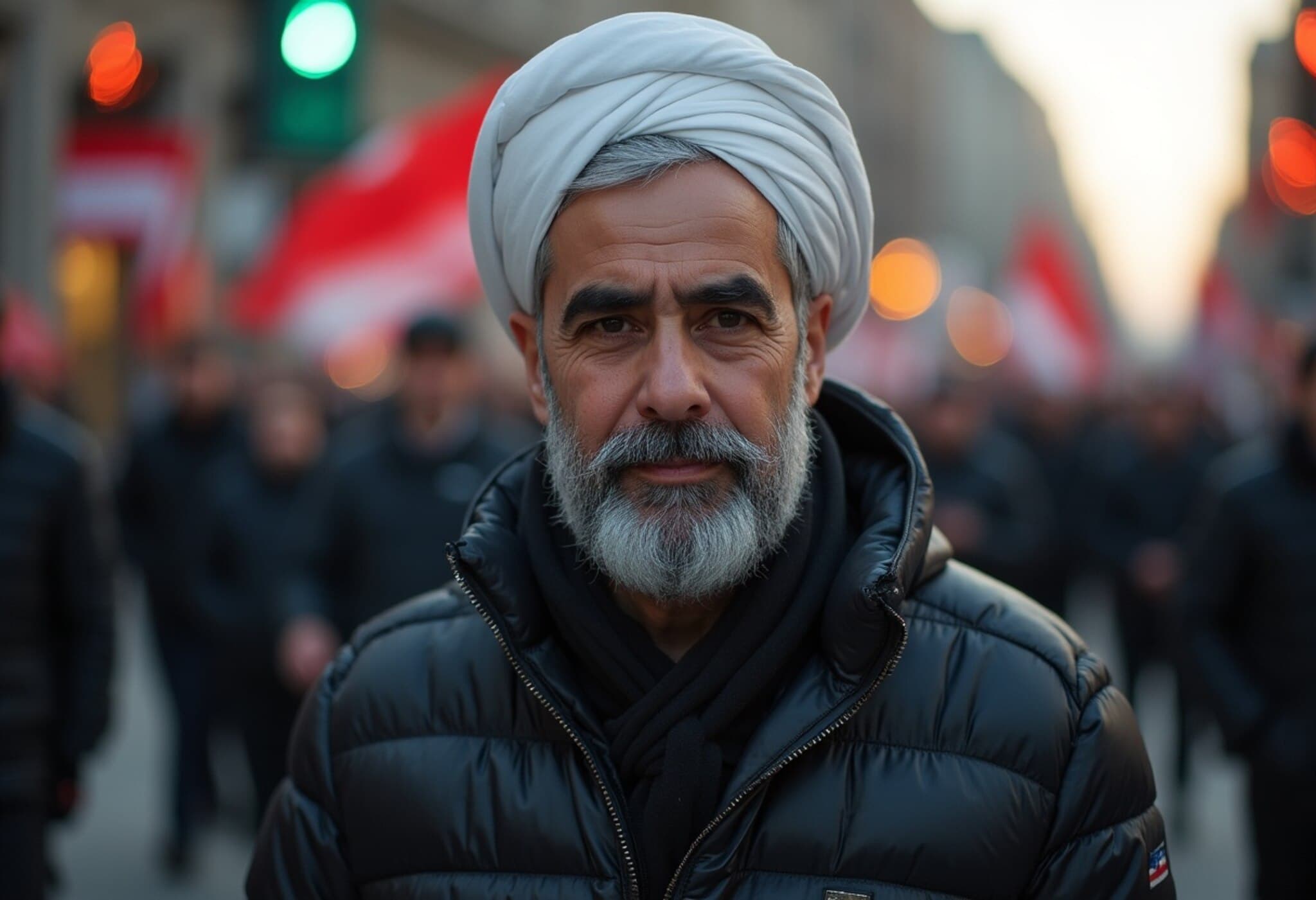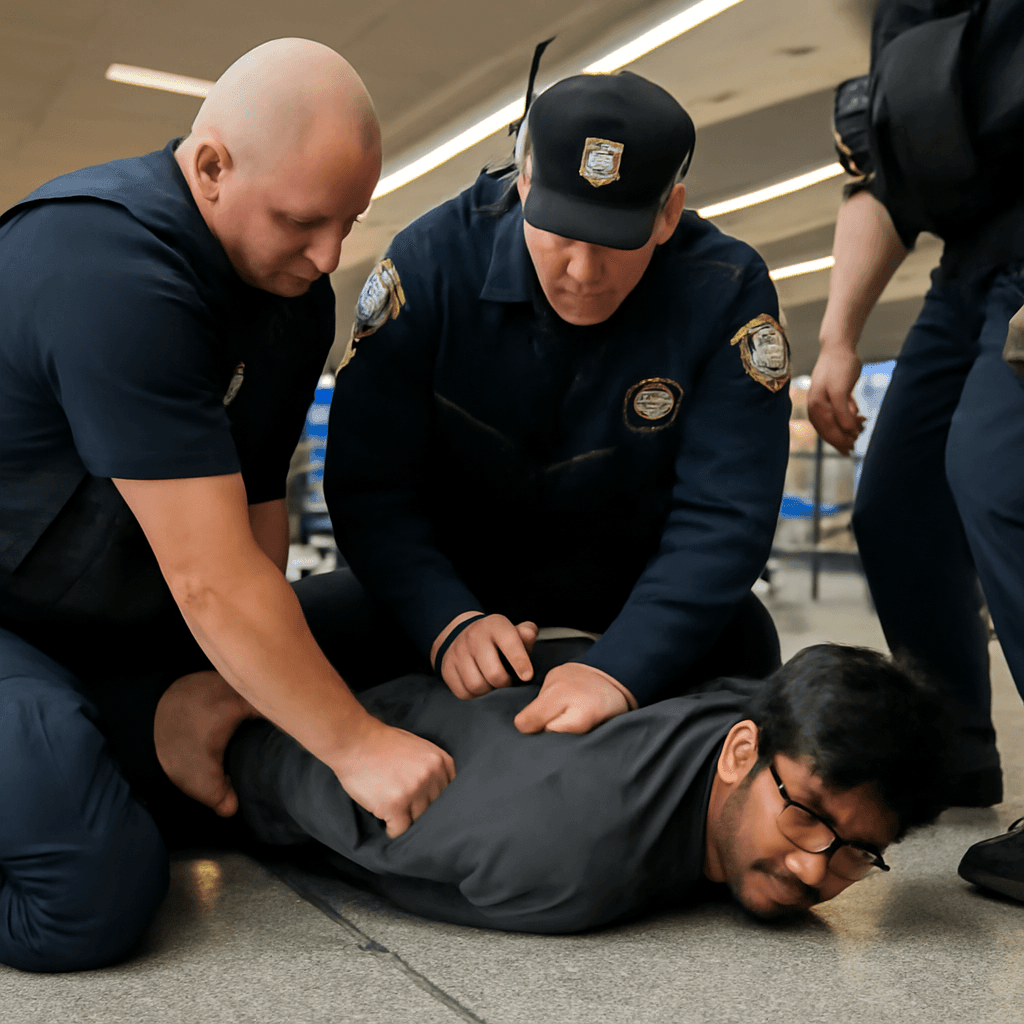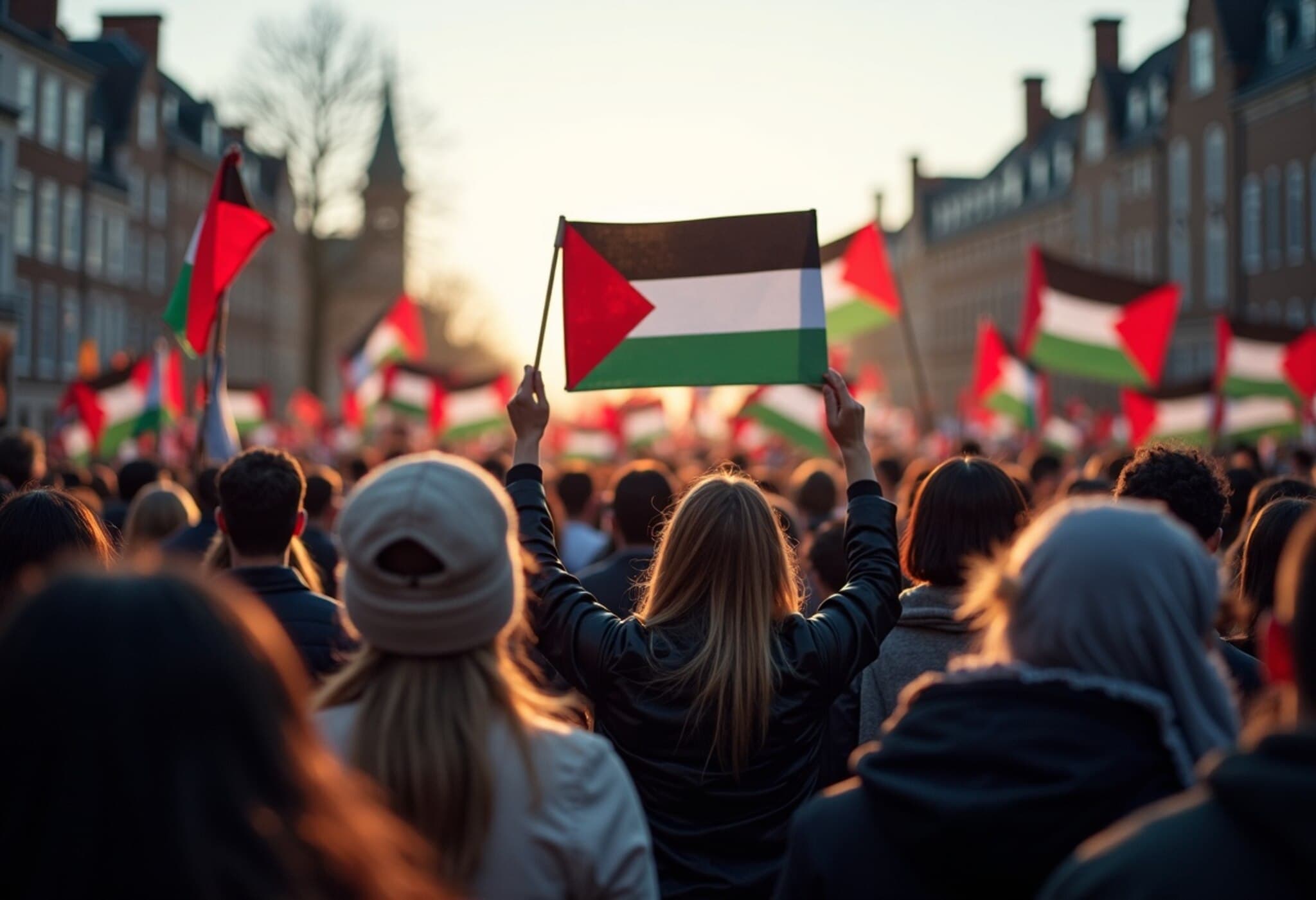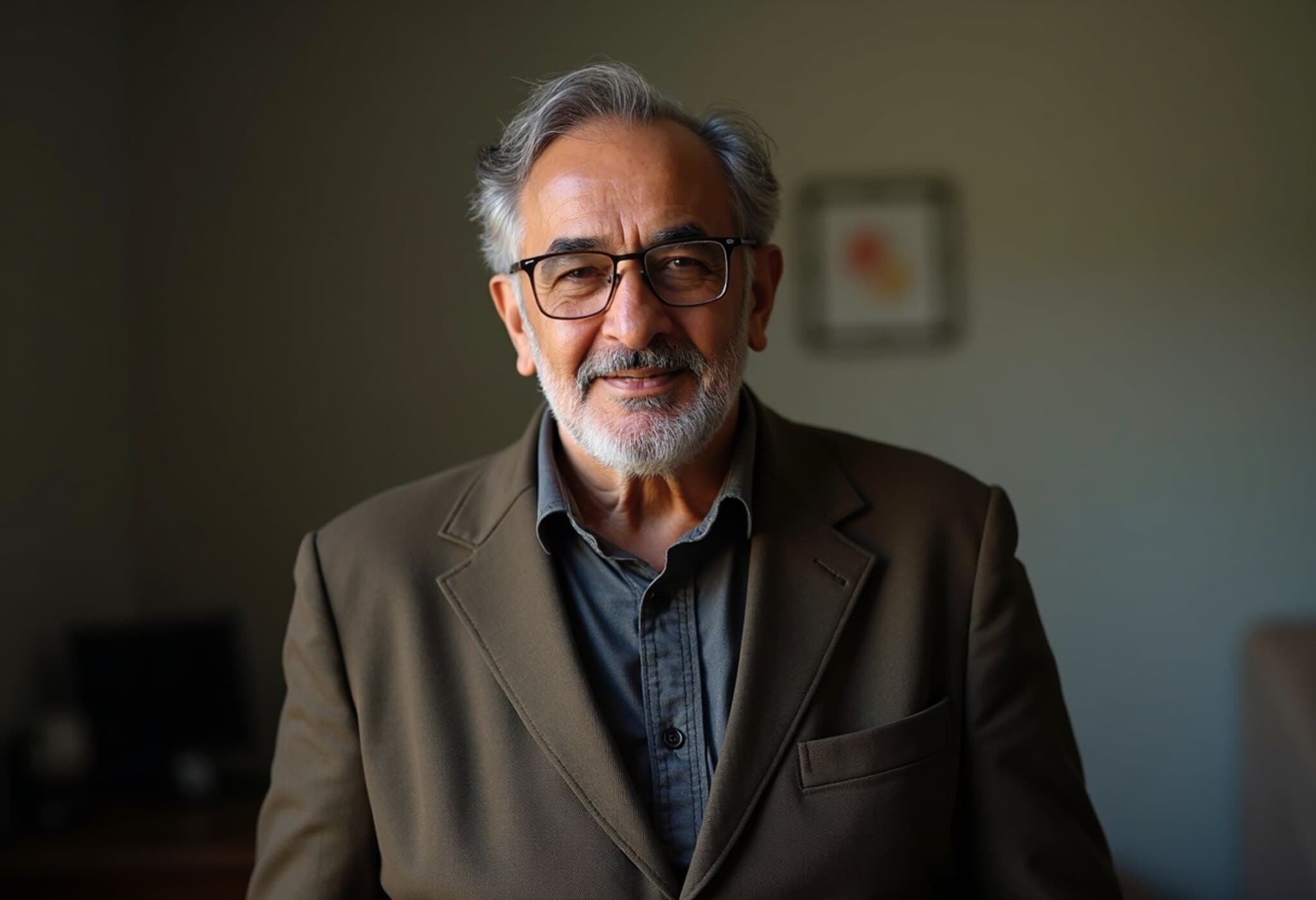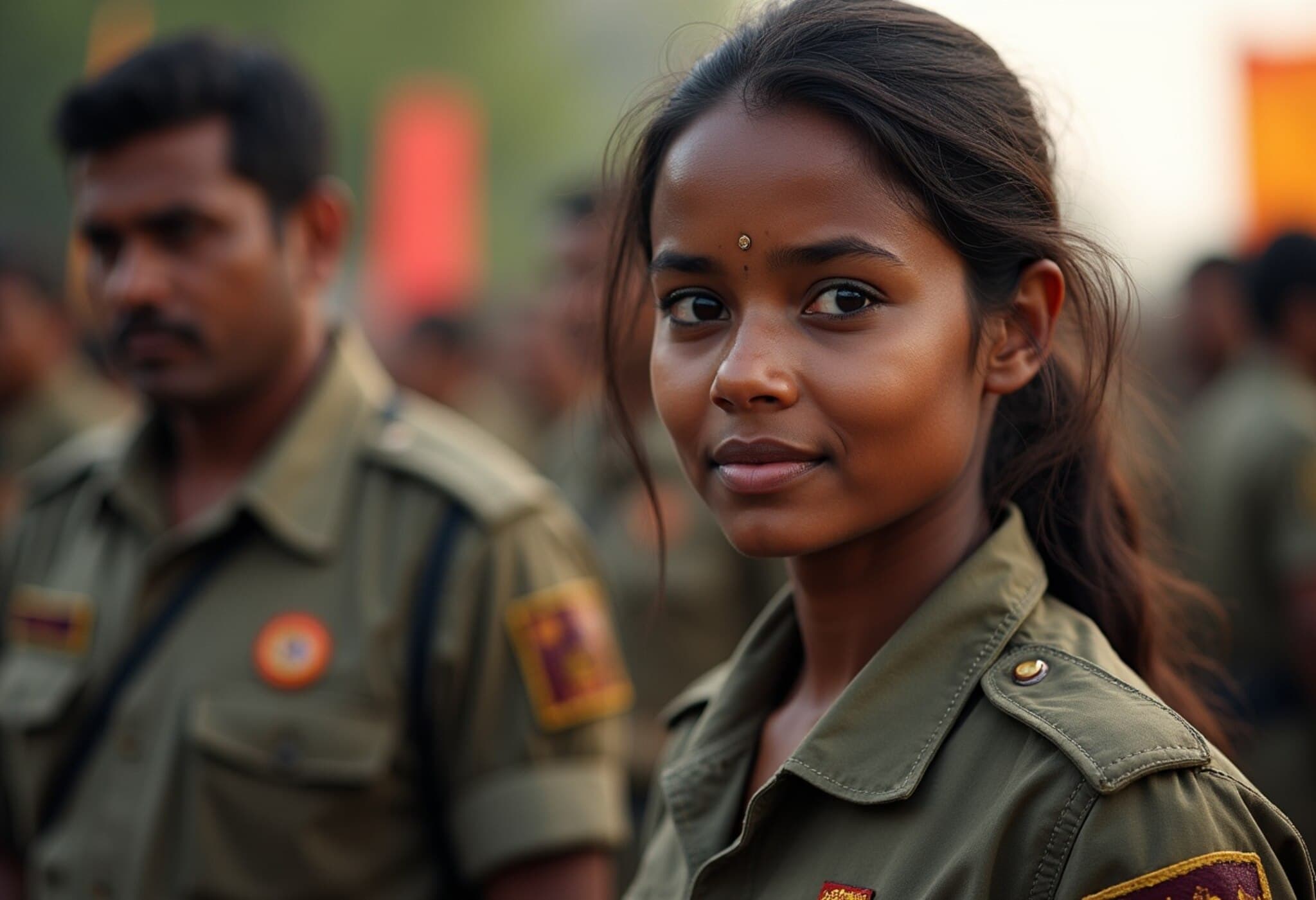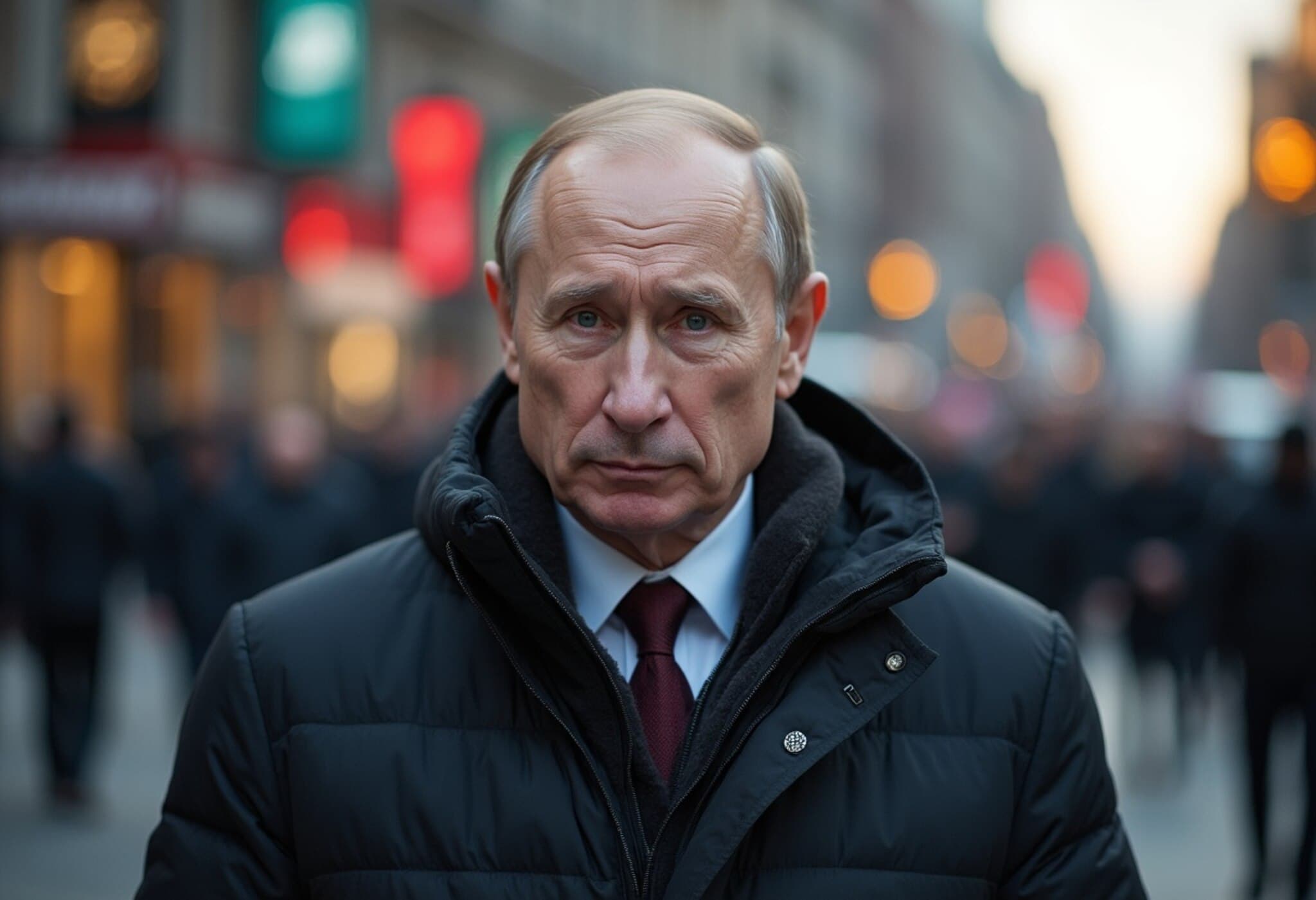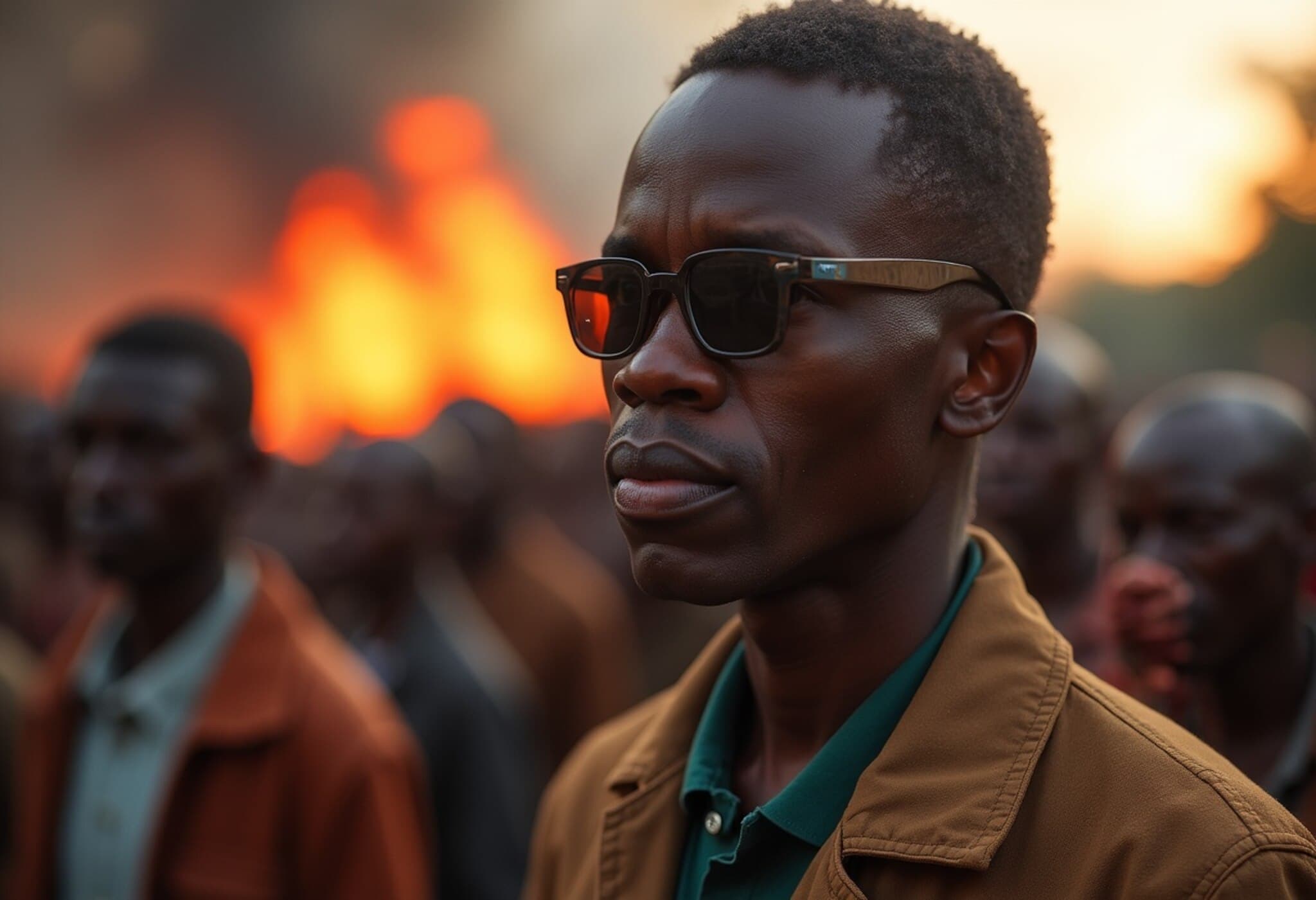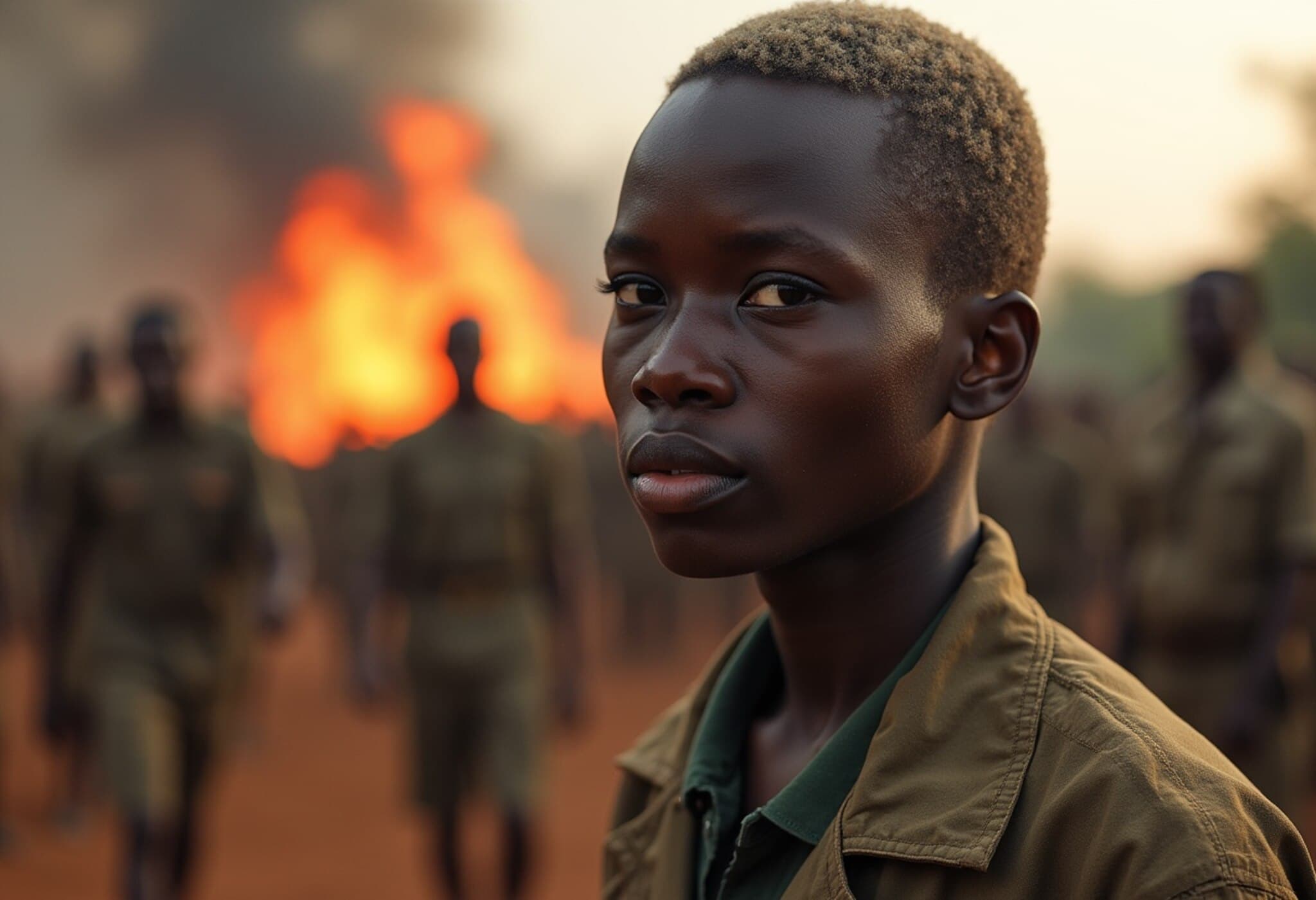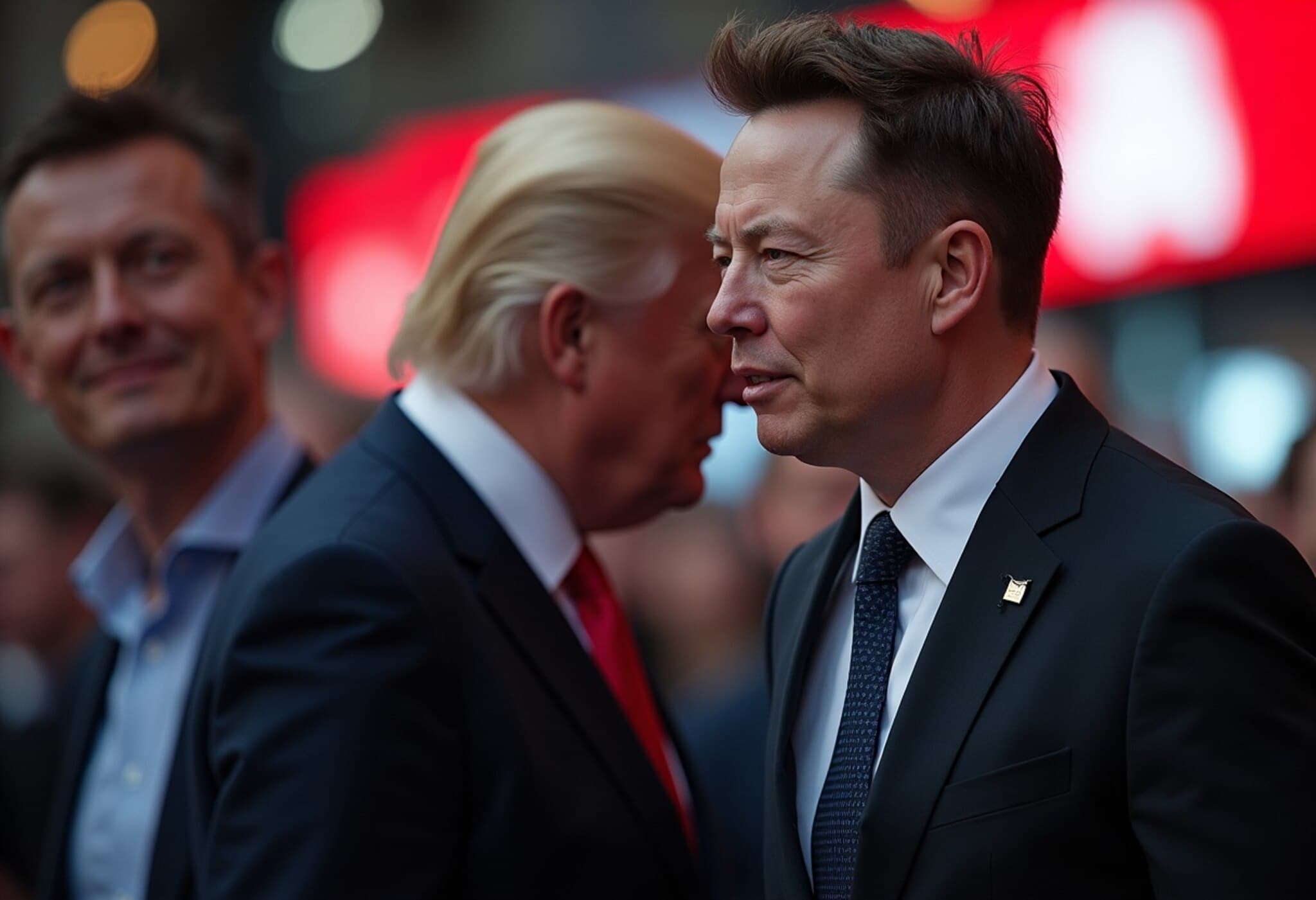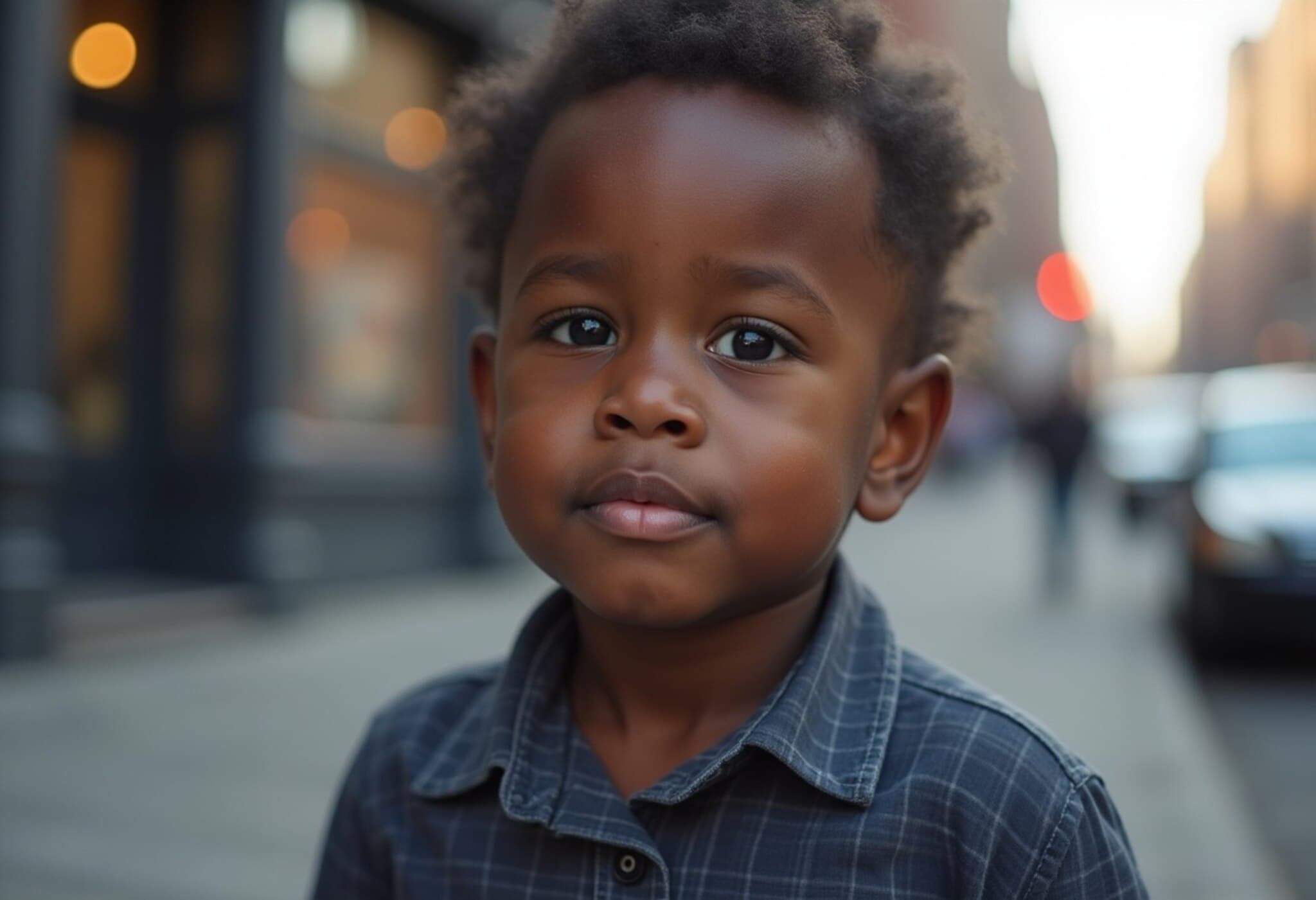Iran Executes Abbas Kurkuri Over Fatal Shooting During 2022 Protests
In a move marking continued government crackdowns following the unrest of 2022, Iran has executed Abbas Kurkuri for his involvement in a deadly shooting amid nationwide protests. The fatal incident left seven people dead, among them a 10-year-old boy.
Background of the Protests and Kurkuri’s Crime
The protests erupted following the tragic death of Mahsa Amini, who died in custody after being detained for allegedly violating Iran’s strict dress code for women. During one of these demonstrations in the southwestern city of Izeh, Kurkuri opened fire using a military weapon. Authorities labeled the attack a "terrorist act."
Legal Proceedings and Charges
The Revolutionary Court in Ahvaz convicted Kurkuri on multiple serious charges, including “corruption on earth” and “moharebeh” (waging war against God). The court ruled that he had:
- Brandished a weapon with intent to kill and terrorize civilians
- Committed crimes through the use of a military firearm
- Formed and joined a rebel group involved in violent acts
During his trial, Kurkuri admitted to the allegations, explaining that his actions had been influenced by social media. Additionally, reports described him as a “notorious offender” with a history of armed assaults, disruption of public order, property destruction, and trafficking in illegal substances.
Execution Details and Broader Context
Following the Supreme Court’s upholding of his death sentence, Kurkuri was executed by hanging. This execution comes amid a broader wave of government reprisals following the protests, which saw hundreds killed—including security personnel—and thousands arrested nationwide.
Just a day prior, Iran executed nine men convicted of plotting attacks in 2018 on behalf of a militant group. These actions highlight Iran’s position as the world’s second-highest executor, trailing only China, according to rights organizations such as Amnesty International.
Continued Crackdown Raises International Concern
The repeated use of capital punishment in political cases continues to draw criticism from international observers who call for reforms and humanitarian considerations. The government maintains its strict stance, aiming to deter dissent and maintain order amid ongoing social tensions.

